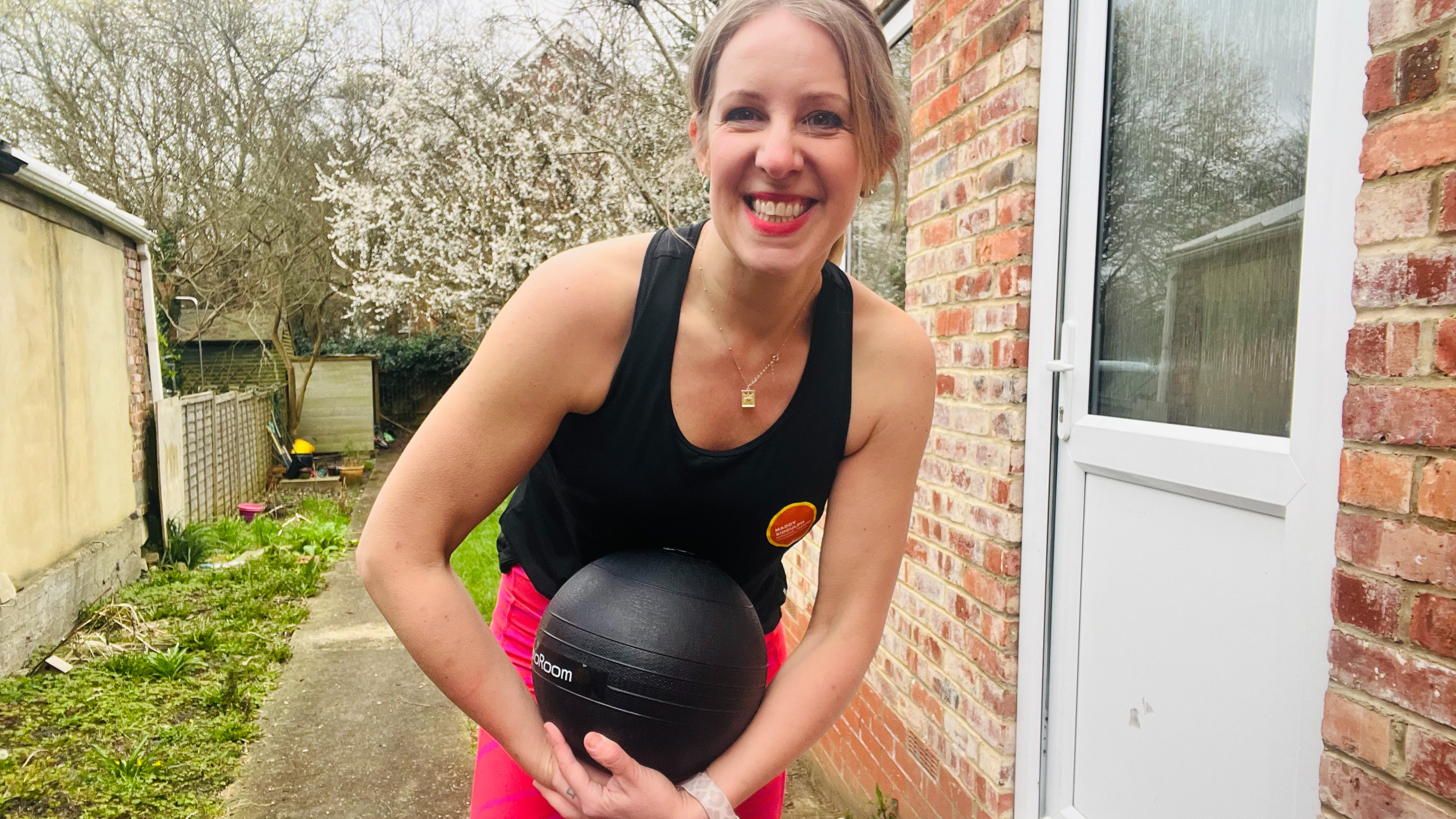What is a low-FODMAP diet, and can it help with IBS?
The low-FODMAP diet could help you swerve symptoms of irritable bowel syndrome


IBS, or irritable bowel syndrome, is a very common condition that affects the digestive system. It can interfere with our gut health, causing various different, sometimes embarrassing symptoms which can come and go over the course of your life. There's no known cure, and it can make you feel quite unwell, but there are ways to mitigate the problem.
Sasha Watkins, registered dietician with Field Doctor UK, recently took to our Instagram to explain a little bit about IBS and some tips to managing and mitigating the condition.
Watkins said: "IBS is a chronic condition that affects one out of ten people in the UK. Symptoms include bloating, indigestion and chronic pain, but there are lots of conditions with similar symptoms. The best way to know if you've got it is to go to your doctor or GP.
"Don't suffer in silence. With embarrassing symptoms, it's sometimes hard to talk about, but when you know one in 10 people have it, you know you're not alone. Once you've had the diagnosis, you can manage your symptoms really well."
Watch Sasha's exclusive, enlightening IBS talk here:
What is a low FODMAP diet?
The term FODMAP stands for fermentable oligo-, di-, monosaccharides and polyols, according to one study from the Department of Gastroenterology at Victoria's Box Hill Hospital. It's a classification of a group of foods that trigger IBS-like symptoms such as bloating, cramps and, well, intestinal distress.
These foods tend to be classed as short-chain carbohydrates and polyols, including oligosaccharides (grains like wheat and rye, root vegetables like garlic and onions), disaccharides (lactose-based dairy products like milk and cheese), monosaccharides (anything with fructose in it) and polyols (some fruits and vegetables, and low-calorie sweeteners).
A low-FODMAP diet means cutting a lot of these ingredients out of your diet. This can seem like a lot, but there are tools you can use to help cut down: for example, Monash University has created a step-by-step, app assisted guide to help you make swaps from high-FODMAP meals to low-FODMAP meals. Without these irritants, your IBS will hopefully get under control.
Get the Fit&Well Newsletter
Start your week with achievable workout ideas, health tips and wellbeing advice in your inbox.
The next step is to maintain a varied diet and cook what you can eat healthily without depriving yourself. Any restricted diet can be challenging, and it's tempting to fall back on comfort foods, but mixing it up with lean meats, fish and the fibrous fruit and vegetables you're allowed can help, especially if they're done on the best health grills and best air fryers.
Matt Evans is an experienced health and fitness journalist and is currently Fitness and Wellbeing Editor at TechRadar, covering all things exercise and nutrition on Fit&Well's tech-focused sister site. Matt originally discovered exercise through martial arts: he holds a black belt in Karate and remains a keen runner, gym-goer, and infrequent yogi. His top fitness tip? Stretch.
-
 This might be your last chance to get my favorite waterproof walking shoe, and it's 25% off
This might be your last chance to get my favorite waterproof walking shoe, and it's 25% offDeal These Adidas Gore-Tex shoes are the most watertight I've tested
By Lou Mudge
-
 I tried wall balls for 30 days and the results surprised me
I tried wall balls for 30 days and the results surprised meTry this fitness challenge to boost total body strength
By Maddy Biddulph